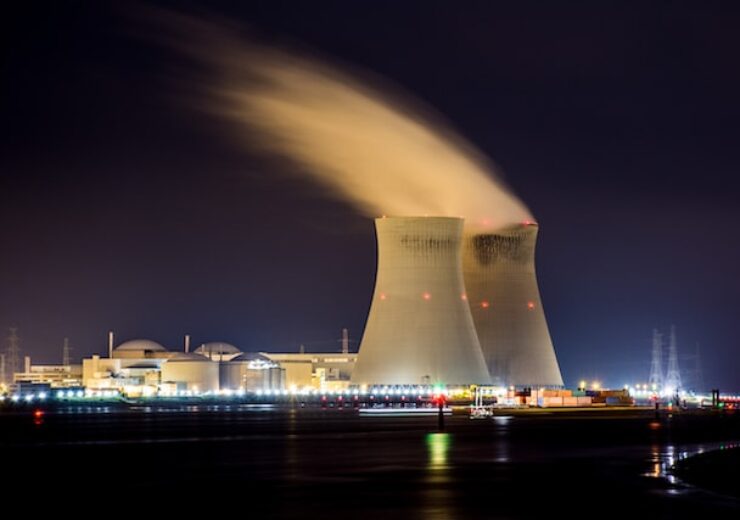The extension of the Dresden and Clinton plants, which were saved from early retirement by state and federal legislative policies, are expected to provide adequate clean energy to power the equivalent of more than two million households

Clinton and Dresden plants will support Illinois economy. (Credit: Nicolas HIPPERT on Unsplash)
US-based carbon-free energy producer Constellation is planning to extend the operating licenses for Clinton and Dresden nuclear power plants in Illinois, by an additional 20 years.
The company intends to file an application with the Nuclear Regulatory Commission (NRC) seeking permission to extend the license period.
If approved, Clinton nuclear facility could operate until 2047, Dresden plant Unit 2 could operate until 2049 and Unit 3 until 2051.
The extension would allow the two plants to provide adequate clean energy to power the equivalent of more than two million households.
Also, the extension would also contribute to Illinois’ economy, and help the state achieve its goal of getting 100% of its energy from clean sources by 2050, said the company.
Constellation president and CEO Joe Dominguez said: “To get to zero emissions in Illinois and nationally, we will need to operate every carbon-free resource we have for as long as we possibly can.
“With these extensions, Clinton and Dresden will further demonstrate the capability of nuclear assets to provide always-on clean energy when and where it is needed for decades to come, which is a testament to their unique value in addressing the climate crisis.
“We credit the Illinois policymakers, members of Congress and other stakeholders who worked so hard to preserve these zero-carbon resources, and who can be proud of their role in supporting clean, reliable energy and contributing to our nation’s energy security.”
The state and federal legislation, which recognises the unique environmental and economic value of nuclear energy, have enabled the continued operation of the two plants.
Clinton and Dresden, along with three other nuclear power plants in Illinois, have been prevented from early retirement as per the two state laws.
In addition, the federal Inflation Reduction Act (IRA) offers a provision for the nuclear production tax credit, which supports the continued operation of the US nuclear fleet for at least nine years.
The DeWitt County Board chairman Terry Ferguson said: “From the property taxes it pays to the employees who live here and spend their money to the secondary jobs created by the station’s refuelling outages, this plant provides a massive boost to the area and to local businesses.”
Grundy Economic Development Council president and CEO Nancy Norton-Ammer said: “As the sector continues to evolve and move toward carbon-free power, Dresden Station is an integral part of that successful transition.
“The station provides excellent employment both in direct and indirect jobs, supports our local schools and taxing districts and is huge philanthropic member of the Grundy County community.”
